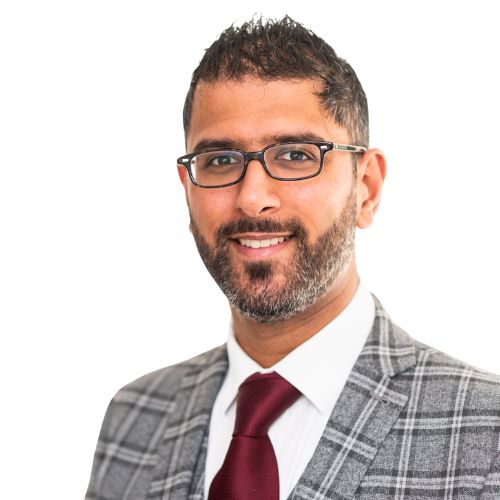Treatments, options and pricing
-
Initial Consultation £200
In an initial vascular surgery consultation, the patient meets with a specialist who reviews their medical history, discusses their vascular concerns, and recommends appropriate diagnostic tests or treatment options.
-
Follow up Appointment £150
In a vascular surgery follow-up appointment, your surgeon will review your recovery, assess the outcomes of the procedure, discuss any concerns you may have, and provide further guidance to ensure your vascular health is progressing as expected.
-
Procedures Price on evaluation
During a vascular surgery procedure, our experienced surgeons skillfully address issues within your blood vessels, using advanced techniques to restore blood flow, improve circulation, and ensure optimal vascular health. Some procedures include: Angioplasty, Stent Placement, Aneurysm Repair, Bypass Surgery, Thrombectomy, Embolectomy, Endarterectomy, Arteriovenous Fistula Creation.
Common Q&A about General Vascular Surgery Consultation
Our FAQ section is designed to address common questions you may have, from how our treatments work to what you can expect during and after your session.
Our team is always available to provide additional support if you need more personalised guidance, ensuring that you feel informed and confident every step of the way.
General vascular surgery is a specialized field of medicine that focuses on the diagnosis and treatment of vascular disorders involving blood vessels, including arteries and veins.
Vascular surgeons treat conditions like aneurysms, peripheral artery disease, varicose veins, carotid artery disease, and venous insufficiency.
Common procedures include bypass surgery, endarterectomy, angioplasty, stent placement, and the treatment of varicose veins through sclerotherapy or laser therapy.
If you experience symptoms such as leg pain during activity, non-healing wounds, swelling in the legs, or a family history of vascular diseases, you should consult a vascular surgeon.
Vascular surgeons commonly use Doppler ultrasound, CT angiography, and MRI to visualize blood vessels and assess blood flow.
Recovery time varies by procedure but generally ranges from a few days to several weeks, depending on the complexity of the surgery and the patient's overall health.
While all surgeries carry risks, vascular surgery is generally considered safe, and complications are rare. A vascular surgeon will discuss these risks preoperatively.
To maintain vascular health, it's important to eat a balanced diet, exercise regularly, manage blood pressure and cholesterol levels, and avoid smoking.
Yes, follow-up care is crucial to monitor recovery and assess the success of the procedure, often involving regular check-ups and imaging tests.
You can find a qualified vascular surgeon by seeking referrals from your primary care physician, checking credentials, and reviewing patient testimonials or ratings online.


